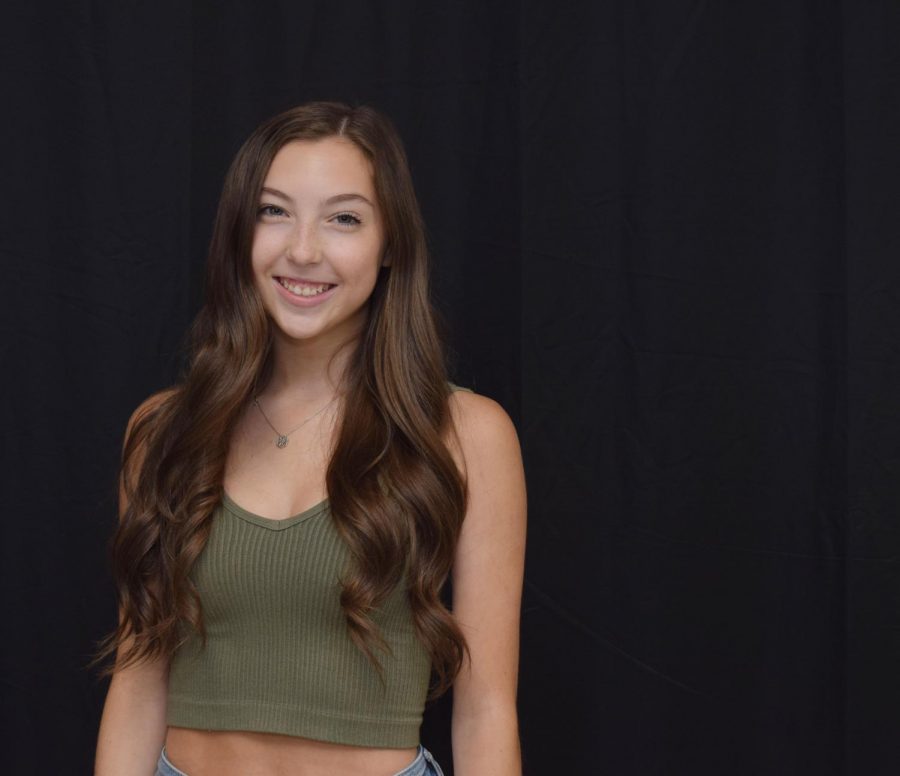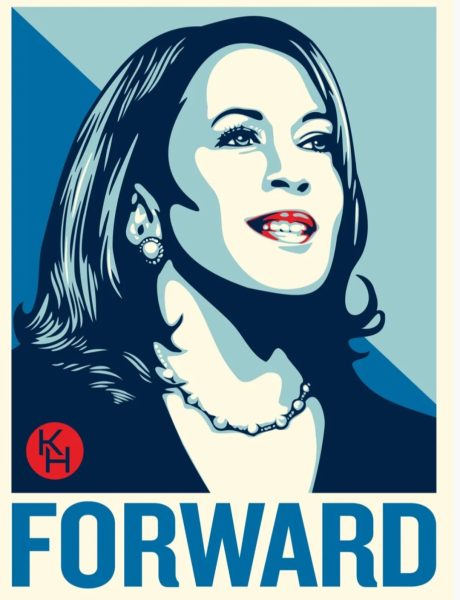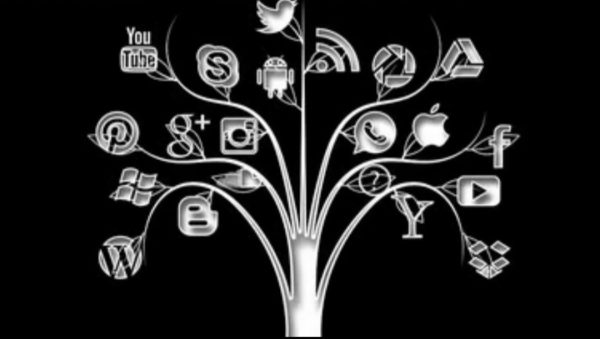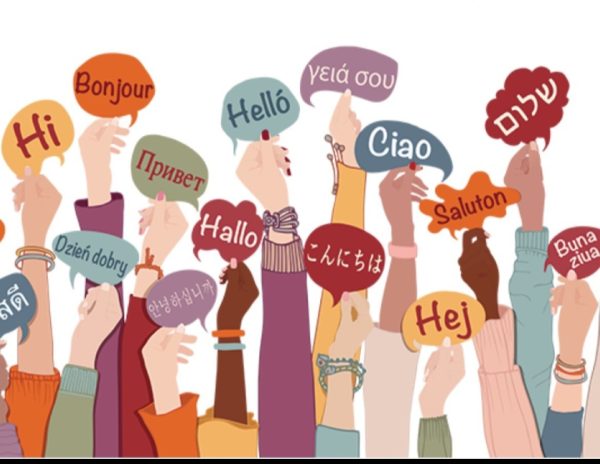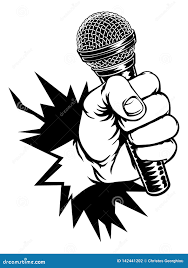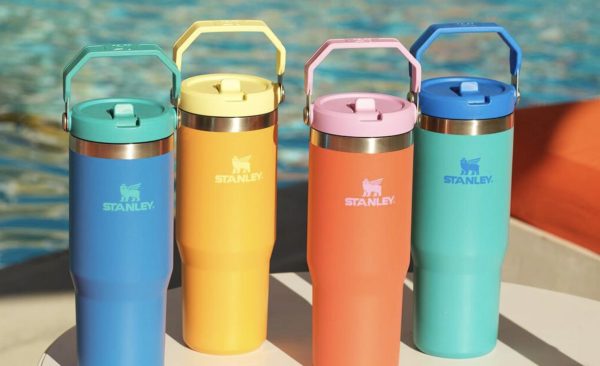Social Media Images vs. Self-Images
Humans naturally compare themselves to others, but putting social media into the mix increases this comparison and insecurity
Many comedic journalists have the same education as regular journalists. Like regular journalists, many comedic journalists studied communications in college. In his time at the University of Nebraska, Johnny Carson studied radio/speech. David Letterman graduated from Ball State University with a degree in telecommunications. Seth Meyers graduated from Northwestern’s School of Communication.
Social media was made with the intention to share and receive information and keep in touch with friends, but is it really serving its purpose, or is it working against users? In a world filled with social media platforms, why are people’s self-images plummeting? Perhaps because people are comparing themselves to the people they see on a screen.
As a teenager growing up in the world of social media, these questions and societal standards are always in the back of my mind. Despite being useful for keeping up with news and keeping in touch with friends, it still manages to have a negative impact on society. It’s hurting our society because it’s causing people to compare themselves to others based on what they see online; humans naturally compare themselves to others, but putting social media into the mix increases this comparison and insecurity.
The main reason for social media causing insecurity is because people only post their “highlights”. When I say “highlights” I mean the high points of someone’s life: no one is going online and posting bad things about themselves. But people posting good things about their lives is not the problem I’m talking about.
The problem exists when people compare the reality of their lives to others online “reality”, or their highlights. Even if someone’s life looks perfect online, it’s rare that their life is as great as it seems. Everyone has something going on in their lives that they might not necessarily want to broadcast on their social media, but that doesn’t mean that just because it’s not broadcasted it doesn’t exist.
People can get so wrapped up in comparing themselves to the people they see online: both their friends and celebrities. For example, if someone posts pictures of their vacation, the person seeing it might self-loathe because they’re not on vacation. Social media is an outlet that shows celebrities living their extravagant lifestyle, and while envying celebrities’ riches is common for everyone, it becomes toxic when someone compares themselves, an everyday person, to a celebrity.
Before social media, if someone was left out of a social event, they might not find out; with social media, if someone is left out, they will find out right away. Because people post their “highlights”, like I touched on earlier, pictures from the social event will most definitely be posted. When someone that was left out sees the post, it might cause them to feel sad and they might question why they weren’t included.
Another way social media is toxic is because it’s a source of affirmation and affection for many of those who use it. When someone posts a photo and they get likes and comments reacting to the photo, it makes the poster feel good. Everyone loves being told good things about themselves, but in posting photos and getting positive affirmation, they can get addicted to the feeling: this addiction is toxic.
This can also cause problems if someone else using social media compares the number of followers or likes they get to someone else’s. The person with less might feel less than the person with more, causing their self-image and self-esteem to plummet. Although it’s just numbers on a screen, it’s another way for people to compare themselves to others.
Other generations that did not grow up with and live in a world of social media, did not experience the way social media can impact us. Studies and surveys have shown that teenagers in today’s digital age have very high rates of anxiety and depression, way higher than generations before them: a Pew survey recorded 70% of teens think depression and anxiety is a major problem for people their age. I don’t think it’s coincidental that anxiety rates are skyrocketing for those growing up in a technological world, filled with social media.
Although it might seem like I am completely “anti-social media”, that’s not the case. As a teenager in 2019, I’ve grown up with technology and social media and I don’t know any other way to live. Using social media with a healthy mindset and best efforts to avoid comparison is not necessarily bad; it’s when our insecurities get the best of us, and we compare our realities to others online “realities” and “highlights” that we might run into trouble.


